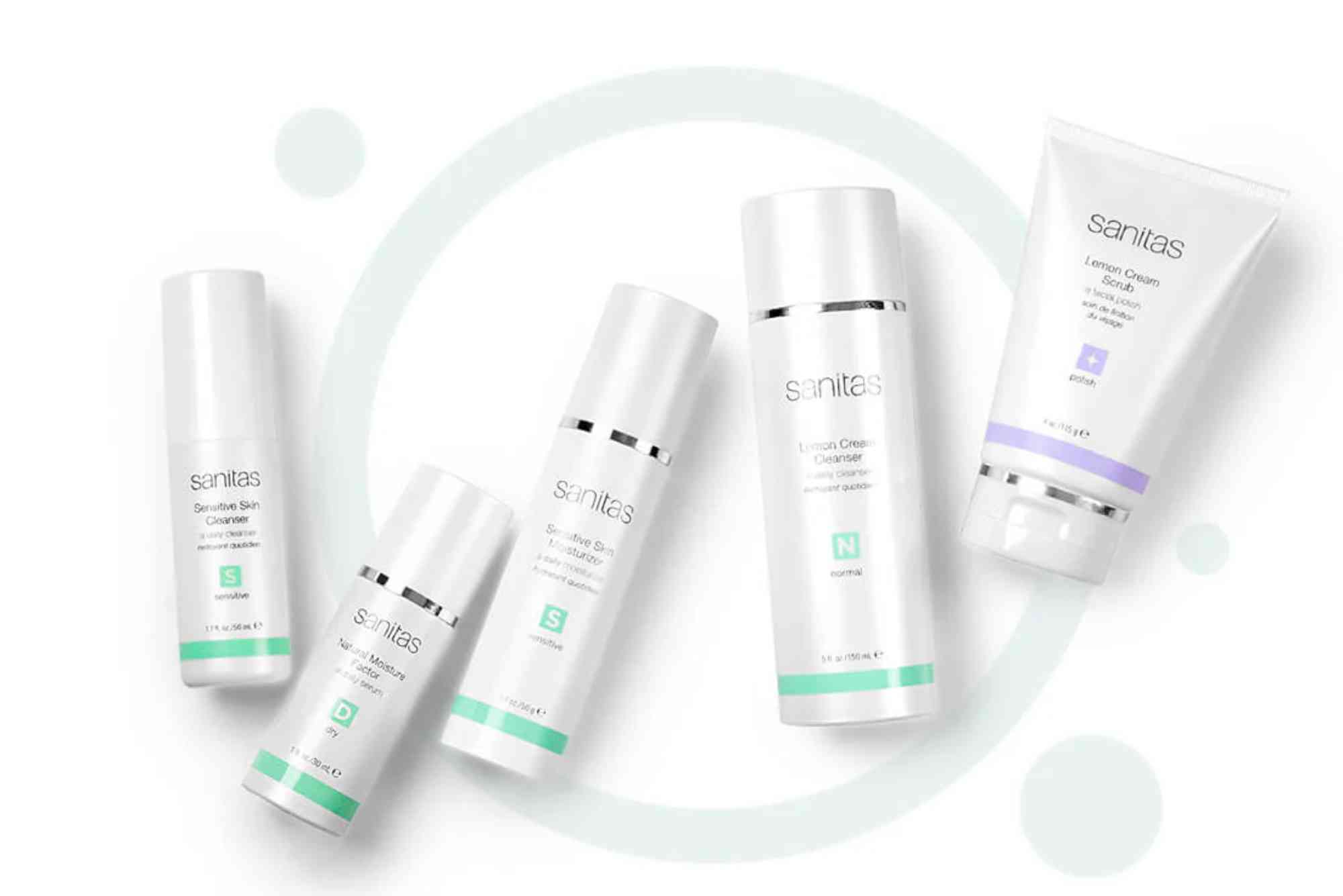Is Sanitas Skincare Truly Cruelty-Free? A Deep Dive
In today’s world, skincare isn’t just about results—it’s also about ethics. Consumers are more conscious than ever, asking tough questions before purchasing their beauty products. Among them, “Is Sanitas Skincare cruelty free?” has become a growing concern for those prioritizing animal welfare in their choices. Sanitas Skincare, a brand known for blending science and natural ingredients, claims to be ethical. But is it genuinely free from animal testing? Let’s take a deep dive into their practices, certifications, and commitments to see where they really stand.
Understanding What Cruelty-Free Means
Before analyzing Sanitas Skincare’s position, it’s essential to understand what “cruelty-free” actually entails. A cruelty-free product means it was developed without conducting tests on animals at any stage of the product’s development, from ingredients to the final formulation. It also implies that the brand does not allow third parties to test on animals on its behalf and does not sell in countries where animal testing is mandatory, such as mainland China. Being cruelty-free isn’t just a label—it’s a responsibility.
Sanitas Skincare at a Glance
Sanitas Skincare is a Colorado-based skincare company focused on formulating bio-intelligent products that work with the skin’s own healing abilities. Founded with a mission to combine nature and science, the brand emphasizes the use of pharmaceutical-grade ingredients, eco-conscious practices, and clean formulations. But despite these holistic values, consumers still ask: Is Sanitas Skincare cruelty free?
Investigating the Cruelty-Free Claim
Sanitas publicly states that it does not test on animals and does not allow others to do so on its behalf. However, transparency matters. As of now, Sanitas Skincare is not certified by well-recognized cruelty-free organizations such as Leaping Bunny or PETA. While this doesn’t necessarily mean the brand is unethical, third-party certification is a strong indicator of trustworthiness.
Brands can claim they are cruelty-free, but without verification, there’s a gray area. Certification involves detailed audits and legally binding documents to ensure compliance. Therefore, when a brand lacks this stamp of approval, it’s fair for consumers to question the depth of their commitment.
Does Sanitas Sell in Countries That Require Animal Testing?
A major component in determining if a brand is cruelty-free is its market presence. Brands that sell in mainland China, for instance, are often subject to post-market animal testing. Sanitas Skincare is not widely available in China, and there is no public information confirming any sales or distribution channels there. This is a good sign. It supports the idea that Sanitas avoids markets that could compromise its cruelty-free position.
Ethical Sourcing and Ingredient Transparency
Another layer to the cruelty-free question is whether the ingredients used in the products are tested on animals. A truly cruelty-free brand ensures that its suppliers also follow ethical testing practices. While Sanitas emphasizes the quality and safety of its ingredients, it does not clearly state if all of its ingredient suppliers follow cruelty-free standards. Until this detail is made transparent, there remains a gap in full accountability. Consumers deserve clarity not just on the final product but on the entire supply chain.
Are Sanitas Products Vegan?
Many people confuse cruelty-free with vegan, but they are not the same. A cruelty-free product is not tested on animals, while a vegan product contains no animal-derived ingredients. Sanitas Skincare offers some vegan products, but the brand is not entirely vegan. Some formulations contain ingredients like beeswax or lanolin, which are derived from animals. However, if you’re looking for both cruelty-free and vegan options, you can still find select products within the Sanitas line.
Lack of Certification: Does It Matter?
For some consumers, certification is a non-negotiable. For others, a brand’s ethical claims and overall behavior are enough. Sanitas may very well follow cruelty-free practices, but the lack of Leaping Bunny or PETA certification puts the responsibility on the consumer to research and trust. Certification provides external accountability, which is why it’s so valuable in the beauty industry. It’s also worth noting that some small brands avoid certification due to cost or administrative burdens. That said, with growing demand for transparency, more brands—including independent ones—are finding ways to gain these trusted seals.
What Cruelty-Free Alternatives Exist?
If the lack of certification from Sanitas makes you hesitant, there are several alternative skincare brands that are certified and transparent. Brands like Paula’s Choice, The Ordinary, and Derma E are examples of companies that clearly display cruelty-free badges, have full ingredient disclosure, and avoid markets requiring animal testing. These alternatives can offer peace of mind for ethically-minded consumers who don’t want to compromise on values or results.
Sanitas’ Environmental and Ethical Efforts
While this article focuses on the question is Sanitas Skincare cruelty free, it’s also fair to highlight the brand’s other ethical commitments. Sanitas is environmentally conscious, offering refillable packaging and using recyclable materials. It also formulates its products without parabens, sulfates, and synthetic fragrances, aligning with the clean beauty movement. These efforts show that Sanitas cares about more than just profit—it has a broader ethical vision. Still, cruelty-free certification would further solidify its commitment.
Final Thoughts: Is Sanitas Skincare Cruelty Free?
So, is Sanitas Skincare cruelty free? The honest answer is probably yes, but not officially verified. The brand claims to not test on animals, does not appear to sell in countries that require animal testing, and generally aligns with clean and ethical beauty practices. However, without third-party certification or full transparency on ingredient sourcing, it’s difficult to say with 100% certainty.
If cruelty-free skincare is important to you, Sanitas is a strong contender—but you may want to reach out directly to the company or opt for brands with established certifications if you prefer absolute clarity
Want to make ethical choices without sacrificing skincare quality? Research the brands you trust, look for certifications, and don’t hesitate to ask companies directly about their testing policies. If you care deeply about cruelty-free practices, your voice and purchasing power can drive change. Stay informed, and choose with conscience.
FAQs
Is Sanitas Skincare cruelty free?
Sanitas claims to be cruelty-free, stating they do not test on animals or allow third-party testing. However, they are not certified by organizations like Leaping Bunny or PETA, so the claim isn’t officially verified.
Does Sanitas Skincare test on animals?
According to their official stance, Sanitas does not test on animals at any stage of product development. However, independent third-party audits have not been confirmed through certification.
Is Sanitas Skincare vegan?
Not entirely. While some Sanitas products are vegan, others contain animal-derived ingredients like beeswax. Always check the label or product page if vegan status is important to you.
Can I trust Sanitas’ cruelty-free claims without certification?
That depends on your personal ethics. While the brand asserts they follow cruelty-free practices, the absence of certification means there’s no third-party verification. If verification matters to you, choose a certified brand.
Why isn’t Sanitas Skincare certified by Leaping Bunny or PETA?
The brand has not publicly stated why it lacks certification. It could be due to costs, internal policies, or simply because they haven’t applied. Until they do, consumers must rely on brand statements and market behavior.
Does Sanitas sell in China?
There is no evidence that Sanitas Skincare sells in mainland China, where animal testing is required by law for imported cosmetics. This supports their cruelty-free claims but is not proof of full compliance with cruelty-free standards.





